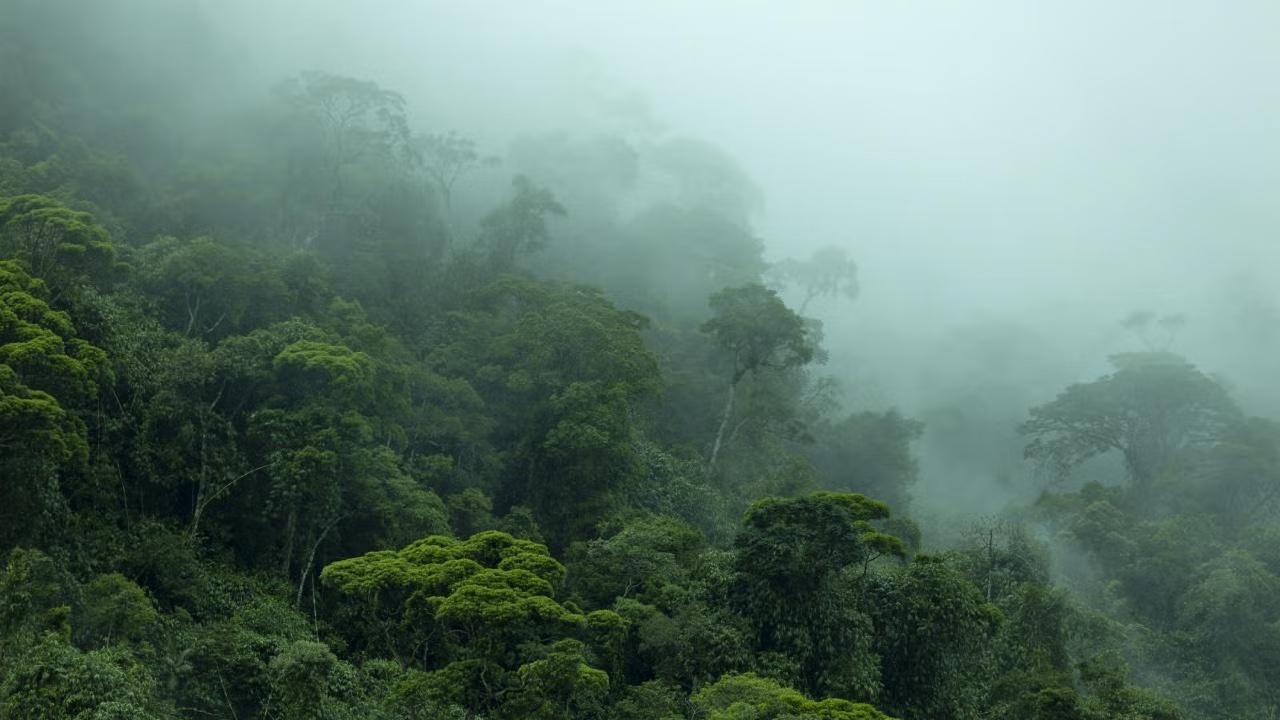
Rainy Tropics Could Face Unprecedented Droughts as an Atlantic Current Slows
Some of the rainiest places on Earth could see their annual precipitation nearly halved if climate change continues to alter the way ocean water moves around the globe.
In a new University of Colorado Boulder-led study published July 30 in Nature, scientists revealed that even a modest slowdown of a major Atlantic Ocean current could dry out rainforests, threaten vulnerable ecosystems and upend livelihoods across the tropics.
“That’s a stunning risk we now understand much better,” said lead author Pedro DiNezio, associate professor in CU Boulder’s Department of Atmospheric and Oceanic Sciences, adding that parts of the Amazon rainforest could see up to a 40% reduction in annual precipitation.
The study leverages climate records from 17,000 years ago to inform computational models capable of predicting how climate patterns could change in the future.
“This study is an excellent example of how we can use paleoclimate data to better understand how the Earth system works,” said study co-author Chijun Sun, an assistant professor of earth and planetary sciences at the University of California, Davis. “Improving our knowledge of these potential changes is crucial to preparing for the future.”
